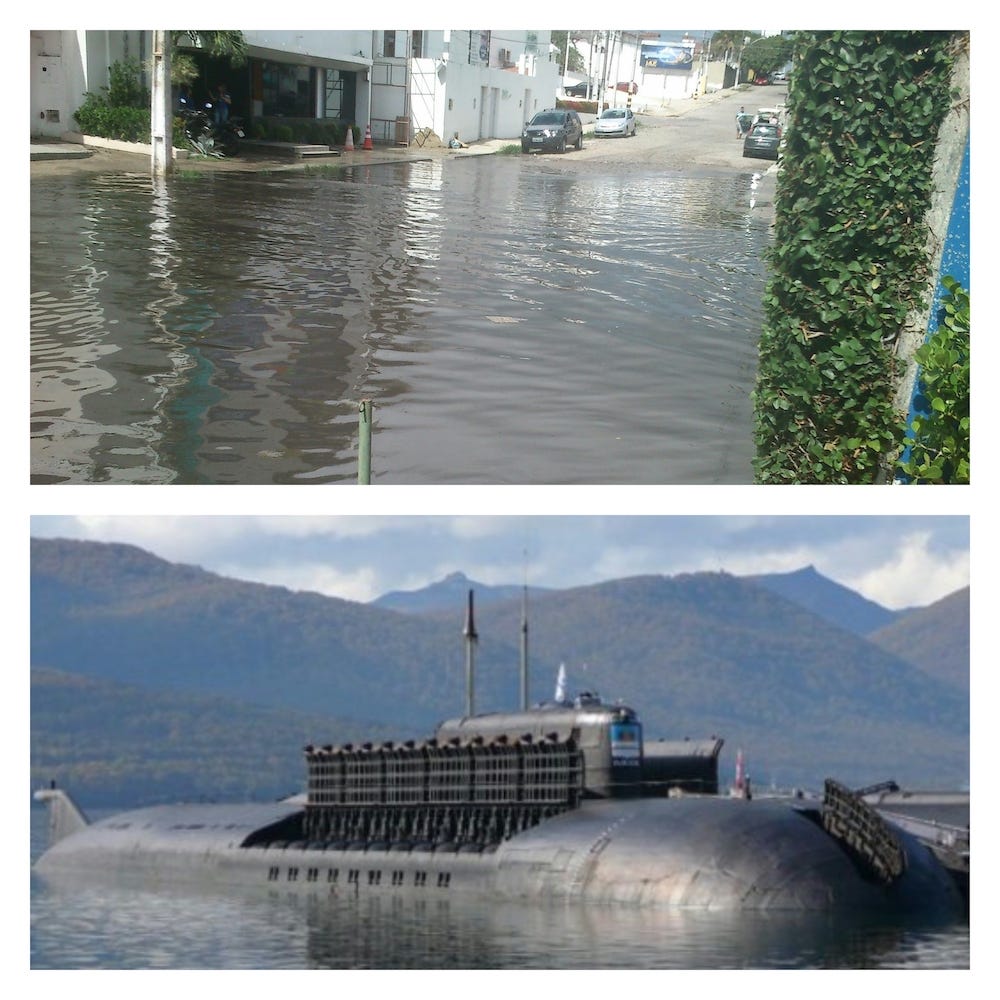
By Tyler Shewbert
Since the end of the Second World War, international institutions such as the United Nations, World Health Organization and International Monetary Fund have proliferated. These institutions serve various purposes, but their greatest success has been facilitating diplomatic relations between global powers that has successfully prevented a nuclear conflict. While there has been nonstop warfare since the end of World War Two, no nuclear weapons have been used since the United States dropped the bombs on Hiroshima and Nagasaki. Preventing a nuclear catastrophe has been the greatest success of increased international cooperation, even in times when proxy conflicts between the great powers happens.
The era of nuclear warfare has forever changed how wars are fought. The days are gone when U.S. generals like Gens. LeMay and MacArthur advocated for limited use of nuclear weapons against the enemy. Now, the belief among the military class in nuclear armed states is that the use of nuclear weapons, particularly among the well armed states of the U.S., Russia, and China, would spark a disaster that would propel the planet into many years of misery and chaos, including their own nation. This is something that no responsible leadership class would want to be remembered for.
In this era of anti-globalization, it is important to remember the value of the international bodies set up in the years that followed WWII. The U.S. and Soviet Union fought proxy wars, but never did these conflicts escalate into nuclear strikes. This can partly be attributed to having reasonable diplomatic classes on both sides that understood the results if they failed. Institutions such as the U.N. have allowed these parties to resolve issues at the Security Council table rather than the battlefield. This has not always succeeded, but these diplomatic solutions have prevented nuclear conflicts, which itself is a great success.
Other global bodies have facilitated economic growth across the planet. Sometimes this has come in the form of direct aid, but often it has come in trade deals that have increased cross-border trade. This is essential. International trade brings countries together economically which in turn makes them reliant on other nations for their success. When countries cooperate economically, they are in turn less likely to go to war with each other.
It can be argued that President Nixon going to China was one of the definitive diplomatic overtures in the past fifty years. The enabled the Chinese leadership to eventually to begin economic reforms under Deng Xiaoping in 1978. They knew the West would be open to conducting business with them. The increased trade between the U.S. and China is partly responsible for the lack of armed conflict between the two countries, along with consistent diplomatic relations.
However, for factory workers in the industrialized nations of Europe and the U.S., this increased trade has led to economic instability due to the transfer of production to China and other developing nations. This economic instability is not solely the responsibility of over-shoring production. A decrease in union membership in the United States and the increase in automation have also played significant roles in creating economic hardships for production workers.
These hardships are a reality, and they must be properly dealt with. For many years this reality has been ignored by politicians, and now it has manifested as resentment against globalization which threatens the relative global peace that has existed for the past seventy years. The continued success and progress of the human race is dependent on this stability, facilitated by global institutions and trade. This means that politicians in the West must recognize the plights of those who feel threatened by globalization and believe that tearing down these institutions is the only solution. The Brexit vote and the election of Donald Trump are pleas for help from a class of citizens that feel disorientated in a globalized world, and if they are ignored it will mean continued attacks on the global order that has facilitated great numbers of people being brought out of the dredges of poverty.
This same anti-globalization attitude also threatens the institutions that bring about strong diplomatic relations that prevent the disaster of nuclear warfare. These institutions must also be kept intact for the purposes of mitigating climate change damages over the next century, and preventing wars caused by the displacement of population that is likely to occur.
For the sake of the continued progress of humanity, the anti-globalists must have their grievances heard. If these people prosper economically, there will be one less reason for them to attack the idea of globalization. However, if these grievances are ignored, and the international order begins to break down, we all will face increased risk of nuclear conflict, and also will be unable to deal with the displacement and disasters that climate change will cause.
